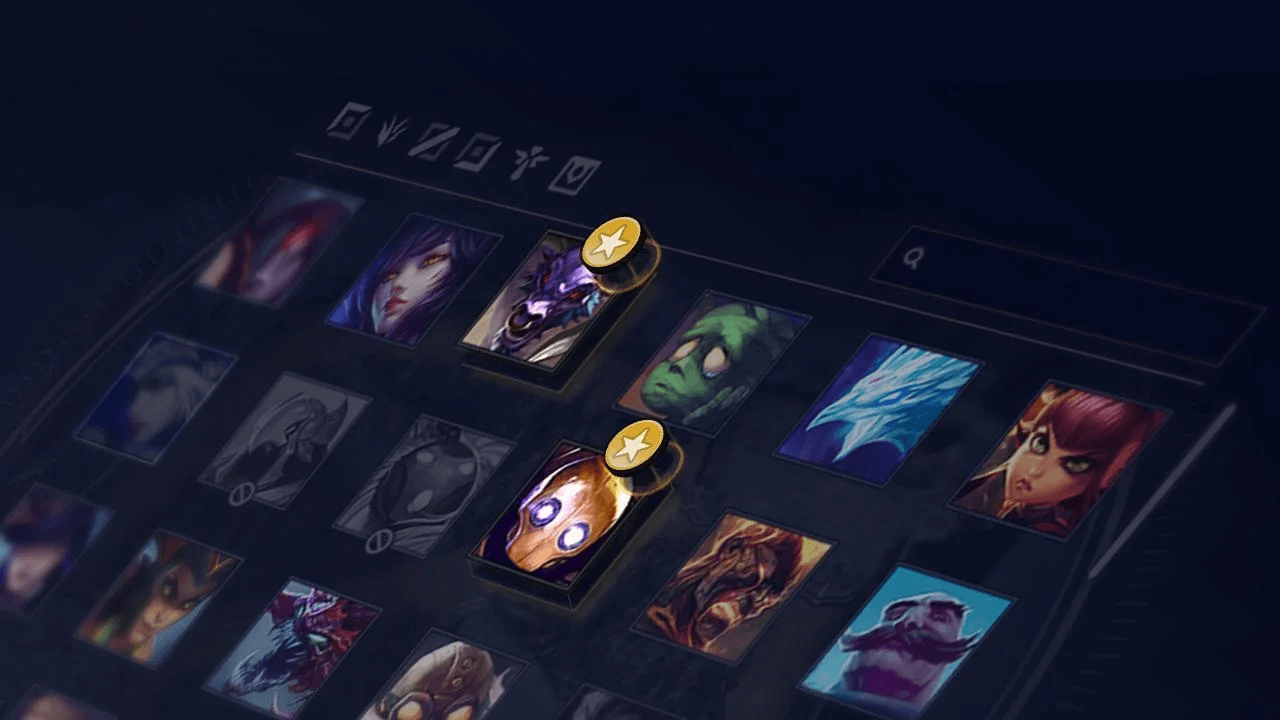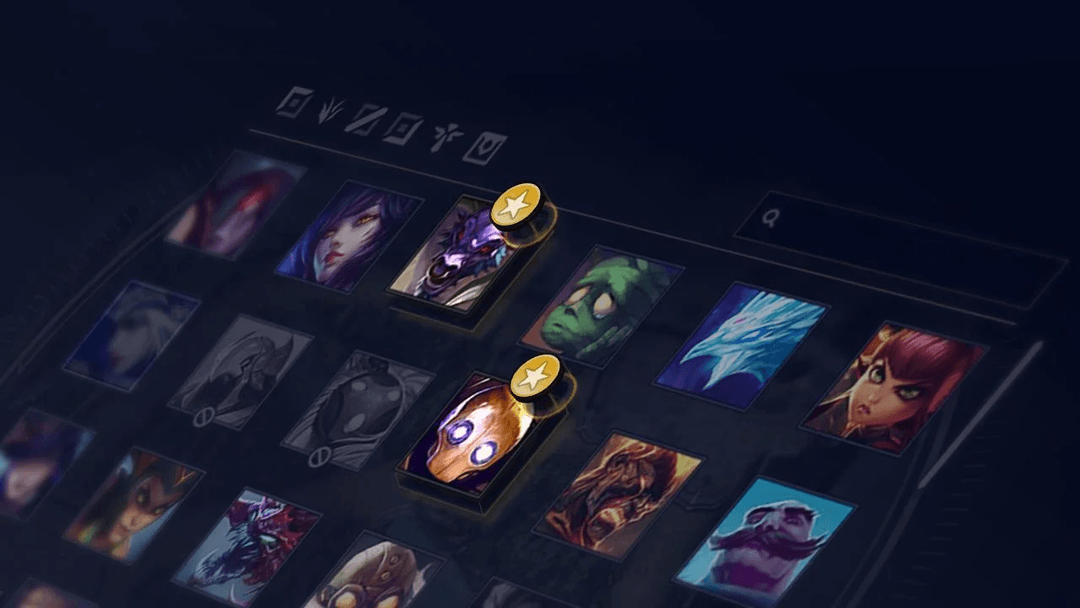


Choosing the right champion before a League of Legends match starts is crucial. This step, known as the champion select, is more important than many realize. It's here that players can gain an early advantage by smartly "counter picking" against their lane opponents.
Counter picking isn't just about beating the enemy player you're up against in your lane; it's about understanding the bigger picture, like controlling the map, planning for the end game, and getting a mental edge over the other team.
Counterpicking is much more than champion versus champion. It involves ability timings, power spikes, and game phase transitions. Rather than just mindlessly selecting a champion who is "strong" against another, understand the "why" and "how" of the advantage.
When you've been counter picked, doubt seeps in. You're more cautious, hesitant, perhaps even fearful. This psychological advantage can disrupt communication on the enemy team, lead to missed opportunities, and drive players to make errors.
Gaining lane priority involves controlling the wave, which opens up more strategic options for your team. Champions that can quickly clear waves, like Orianna against a melee mid, can consistently push the lane. It not only allows them to pressure other parts of the map but also keeps their direct opponent on the back foot. As a result, your team gets the upper hand in securing key objectives such as Dragons, Rift Heralds, or establishing vision control, making your choice of champion pivotal to the game's flow.
There are times in League of Legends when the primary objective isn't to overpower the lane but rather to progress smoothly into the late game. In such scenarios, champions like Kayle, who can farm safely from a distance or under their tower, become invaluable. Their ability to evade ganks or avoid unfavourable skirmishes ensures they can steadily grow stronger, ultimately reaching their peak performance in the late game. When picked against non-aggressive top laners, champions with these traits can flourish without much contention.
In some matches, the strategy revolves around asserting lane dominance and snowballing over the enemy champion. Champions with burst damage capabilities, like LeBlanc, are adept at rapidly depleting an opponent's health bar. Paired with crowd control abilities, they can effectively immobilize and take down squishy adversaries, especially post-level 6. By selecting such champions against fragile mages, players can frequently secure kills and propel their team towards victory.
When considering counter picks, it's crucial not to focus solely on 1v1 matchups but also to factor in the dynamics of 2v2 interactions. This becomes especially vital in the bot lane and when accounting for top lane / mid lane and jungler synergies and recognizing how the abilities of two champions mesh can lead to devastating combinations.
For instance, a Lucian and Braum pairing in the bot lane can exploit their synergistic passives, resulting in rapid stuns and amplified burst damage. Additionally, being aware of when both champions reach their combined power spikes can dictate the flow of skirmishes and ensure dominance in the lane.
Sometimes, the emphasis shifts from laning dominance to having a broader impact on the map. Champions like Talon, equipped with swift wave clear abilities, can efficiently push their lane and transition into a roaming playstyle.
His unique E ability, the "Assassin's Path", facilitates rapid movement across the map, offering him opportunities to exert pressure and influence other lanes. When picked against control mages, champions with such mobility and wave-clear prowess can decisively tilt the game's momentum in their team's favour.
It's not just about knowing who counters whom—it's about understanding why. Understanding champion kits reveals the nuances of why certain champions excel against others. Does your chosen champion have an ability that can negate a critical part of the enemy champion's kit? Do they outscale in the late game? Or perhaps they have a power spike that comes earlier, allowing for aggressive plays? By dissecting these elements, you're not just counter picking—you're crafting a game plan.
League of Legends boasts over 165 champions, each with their own strengths, weaknesses, and intricacies. To effectively counter pick, it's essential to have a robust knowledge of champion matchups. For instance:
Top Lane: Picking Malphite into a team heavily reliant on AD champions or auto attacks can be devastating for the opponent. However, the enemy team may counterpick Malph with Sylas.
Mid Lane: An experienced Kassadin can make a burst mage like Syndra's life difficult post-level 6. However, many AD assassins champs counter Kassadin.
Jungle: Choosing Vi, Jarvan IV, or Skarner into immobile carries can spell disaster for the enemy backline.
ADC: Picking an ADC like Ezreal, Sivir, or Samira against heavy crowd-control team compositions can negate a significant part of their all-in potential. Picking Vayne with built-in armor penetration into a tanky enemy team and nullify their tankiness.
Support: Pick a champion with hard cc like Thresh, Leona, or Nautilus into squishy poke supports like Lux can turn the tide of the laning phase.
League of Legends' dynamic nature means yesterday's counter might not work today. Adaptability and staying updated with patch notes are crucial.
Counter picking, when understood in depth, transcends the realm of mere champion selection. It combines strategy, foresight, adaptability, and game sense. Every choice on the rift, especially in the champion select screen, is a calculated step towards victory.

Charlene is an esports journalist and content writer covering competitive League of Legends, Valorant, and more.
View all articles